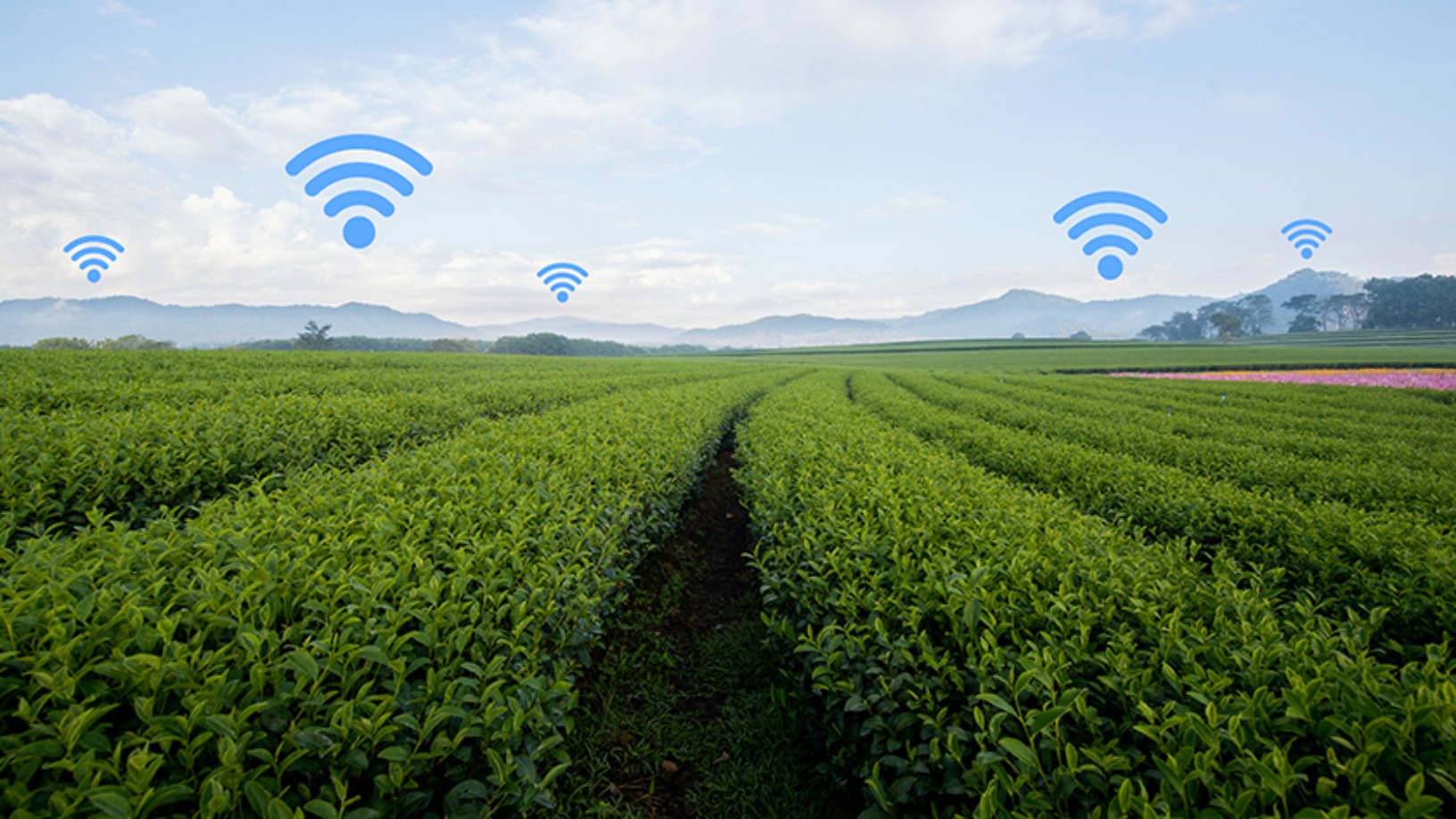About half of China’s 560m farmers are part of small farming cooperatives that often lack financing. For the past six years, agricultural financing platform Nongguanjia, or “farmers’ housekeeper,” has been addressing that need, while expanding to become a one-stop agricultural platform for cooperatives and their members, with e-commerce thrown in.
Composed of several families, the cooperatives are run like a small company. There were 2.2m farming cooperatives in 2019, accounting for half of the country’s total farming population. That’s more than double of the 980,000 involving more than 74m farming households, or around 28.5% of the country's total, in 2014.
“Small and individual producers need a series of services such as financing, raw material purchasing, marketing and technology, but they have difficulty negotiating with upstream and downstream companies, ” said Wang Lei, Nongguanjia’s CEO and co-founder, who worked in the management of GF Xinde Investment and Goldstone Investment before co-founding Nongguanjia in 2014.
China’s agricultural e-commerce sector has attracted many players in the recent years, especially in the fresh food segment, whose market value is expected to grow over 28% annually to RMB 705bn by 2022 from 2018. Apart from successful agribusiness startups like Yimutian, Meicai and Song Xiaocai, the country’s e-commerce giants Alibaba’s Taobao, Pinduoduo, JD.com and Meituan Dianping have also entered the fray, offering Chinese consumers produce directly sold by farmers, amid mounting health and food safety concerns this year due to the Covid-19 pandemic and African swine flu outbreak.
Partnering over 20,000 co-ops
To help co-ops with funding sources, Wang Lei and his partners launched the smartphone app in mid-2015 and raised RMB 300m in Series A funding from Fosun RZ Capital in 2016. Co-ops can use the app to apply for loans from Internet financing companies by mortgaging their certified farmland.
Zhao Xinpei, CTO and co-founder of Nongguanjia, who developed the app, said: “In general, Chinese farmers’ assets are not standardized and their farming data is fragmented. Our mission is to convert them into standardized financial products and to provide more credit for them. Eventually, we help support their demand for capital with ’rationalized’ information."
So far, Nongguanjia has offices in seven of China’s major agricultural regions, including Heilongjiang, Hebei, Shandong, Anhui, Gansu, Yunnan and the Inner Mongolia Autonomous Region. Nongguanjia has more than 20,000 partnering co-ops, including nearly 1,000 large-scale ones.
For its achievement, Nongguanjia is now one of the designated companies by the Ministry of Commerce to promote e-commerce in rural China. It is also a partner of the United Nations Office for Project Services on its food safety and agricultural projects in the Asia-Pacific region.
Land-use policy opportunities
In 2014, China began piloting a reform to allow farmers to transfer the management rights of farmland while their right to collectively own the land remains unchanged. In other words, they could mortgage it to banks or invest it in a co-operative in exchange for fees or shares.
At the same time, as China becomes increasingly urbanized, many farmers have migrated to cities, leaving their farmland unattended. There has been a growing demand from rural residents to transfer farmland to others for better management and production.
Although the goal of issuing land-use rights is to stimulate China’s family-run, labor-intensive farms to change hands and be amalgamated into large-scale, industrialized businesses, it’s not easy to move the land resources to the market – something Nongguanjia has aimed to address.
“We have a pool of agriculture experts. They have developed relevant value assessment models of farmland in different regions through which their agricultural input and output data will be better accepted [by the financial institutions],” said Zhao, who has a PhD from the Institute of Software at the Chinese Academy of Sciences.
With these assessment models, Nongguanjia started to pilot land trust circulation in 2017, when it succeeded in securing an RMB 22m land trust project with Jilin Province Trust, the only non-banking financial trust institution in Jilin Province. In the second half of 2018,the company began raising a targeted RMB 200m for land trust circulation projects in 2019.
China’s Elders?
In addition to providing financial services for land circulation, Nongguanjia’s app users can also consult agricultural specialists instantly by sending them photos or text messages and by taking online video classes. They can work with Nongguanjia to locate sales channels for their products and to buy seeds, fertilizer, and machinery at discounted prices through Nongguanjia’s partnership companies, including China Grain Reserves Corporation and Bright Food Group. Nongguanjia profits by charging its partnership companies commission.
“The biggest portion of our profit will come from the trading of agricultural products… Nongguanjia actually plays the role of asset manager, integrating agricultural financing, purchase channels of raw material and technical support into a full supply chain," said Zhao.
“If there is a counterpart business model of Nongguanjia, it would probably be Elders in Australia,” he said, referring to the leading Australian agribusiness founded in 1839. Elders provides various services to primary producers, supporting their needs throughout the entire production cycle from finance, banking and real estate services to wool, grain and livestock trading.
Chinese government reports show that the digital economy contributed only 7.3% of the country’s agricultural added value in 2018. It is expected to reach 15% by 2025. In an earlier report by the China Society of Cooperative Economics, China’s farming co-ops were shown to be more willing to expand their business scale, with total investment rising four times from 2012 to 2018. Against this background, Nongguanjia expects to draw more members to its platform.











